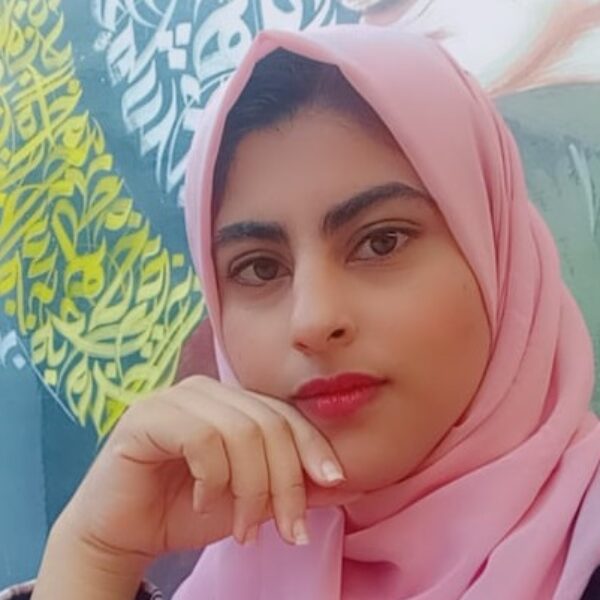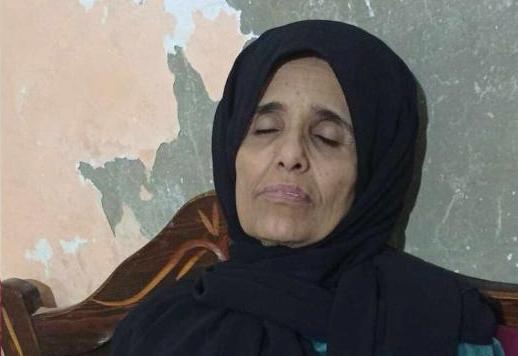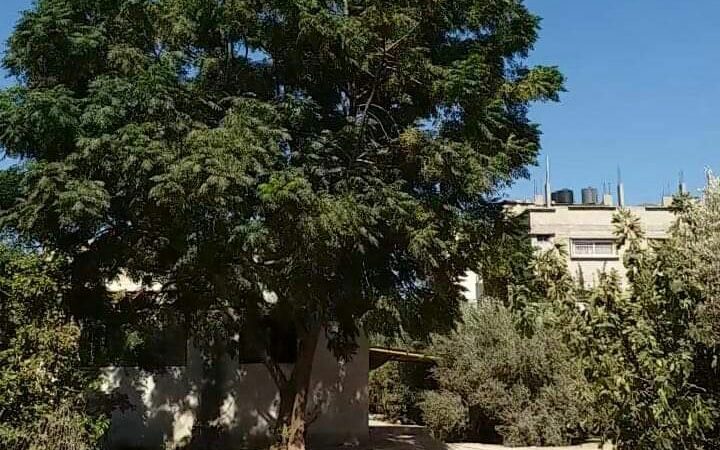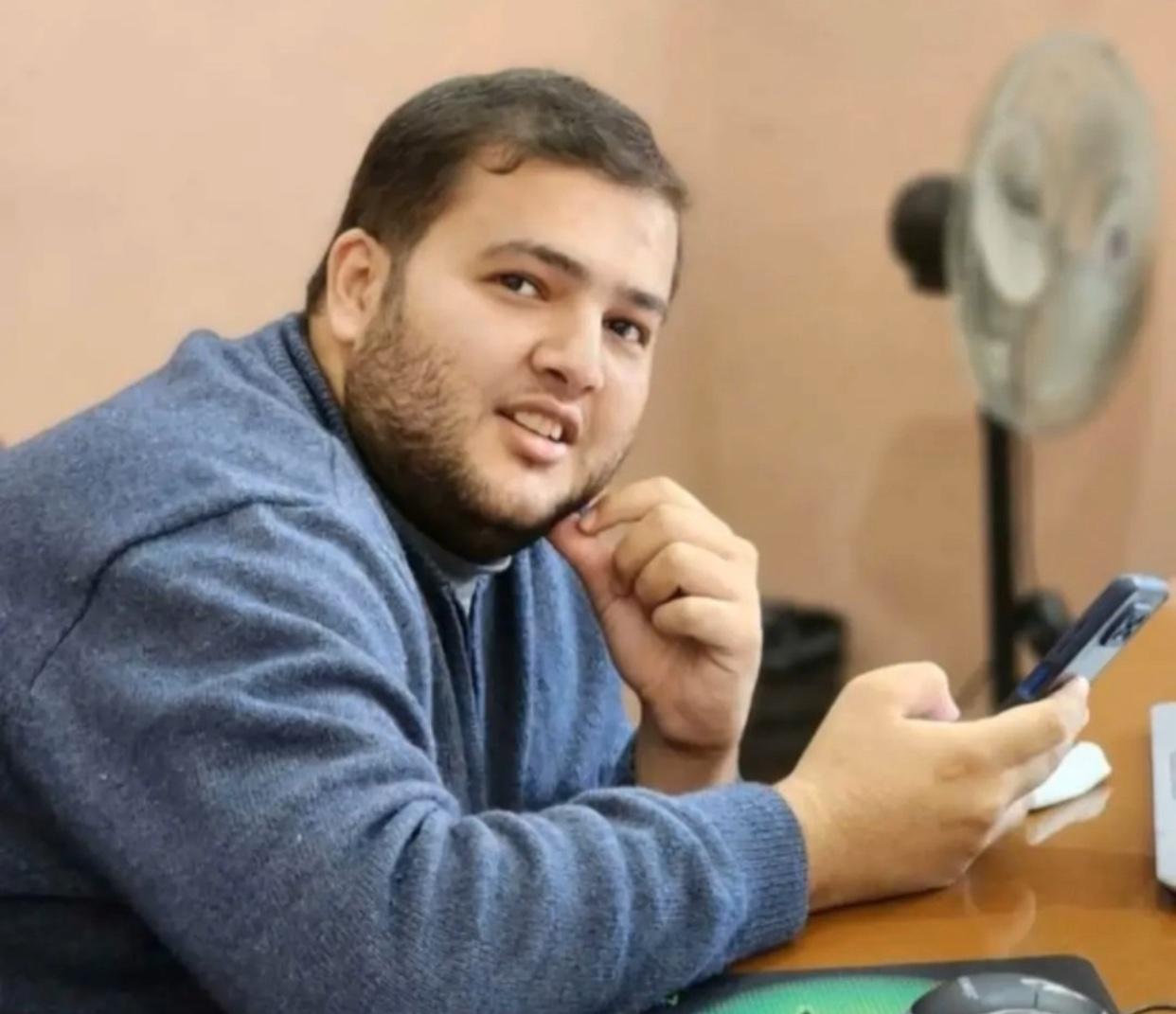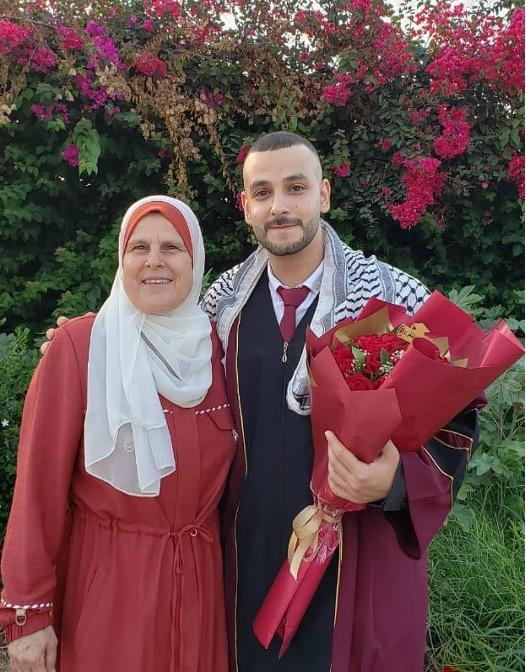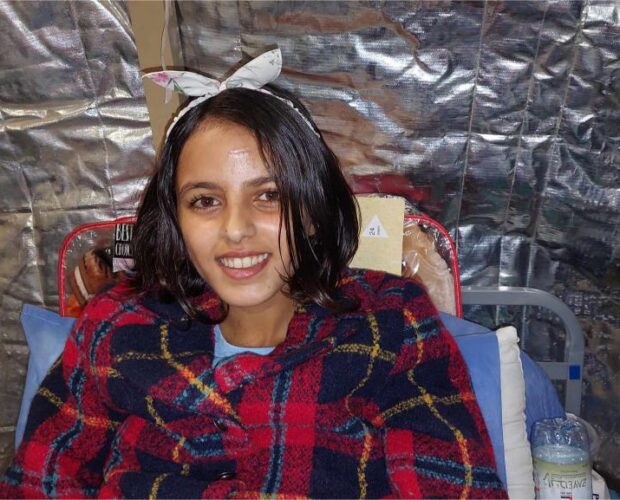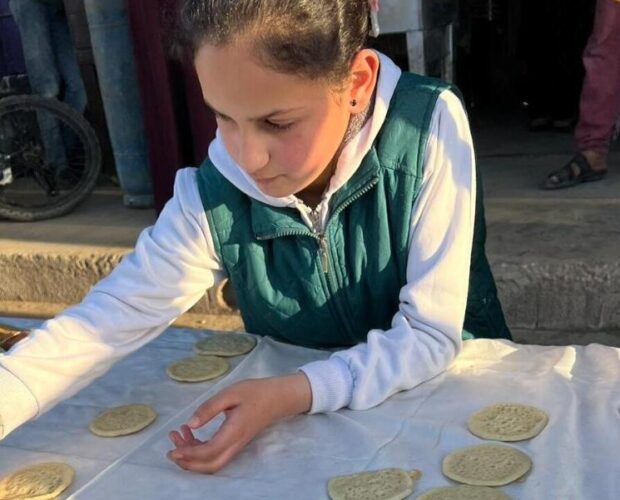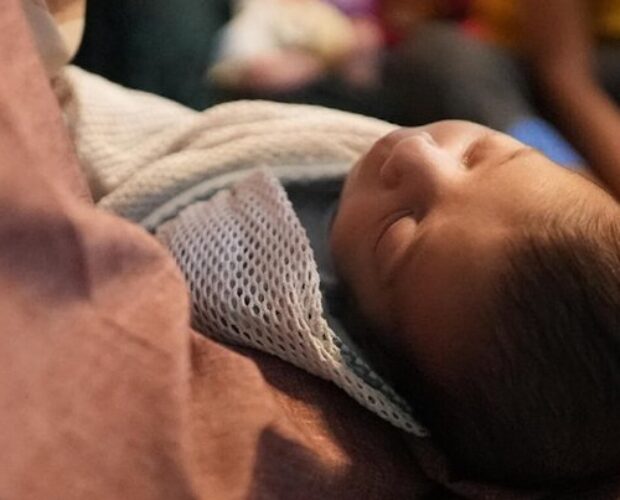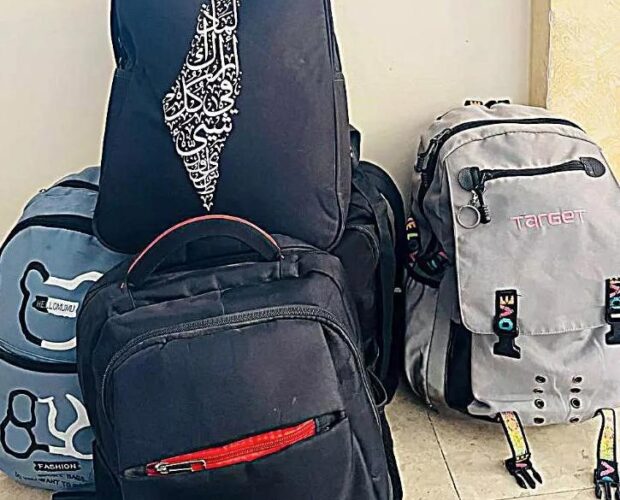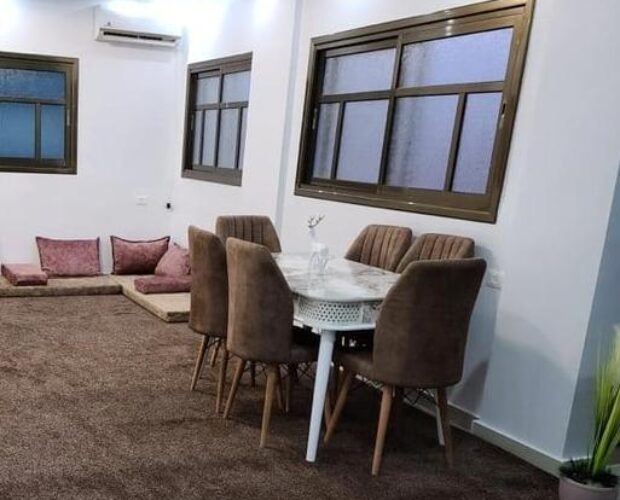As Israel continues its assault on the Gaza Strip, thousands of Gazan patients are facing a slow death due to the severe lack of medical care, according to Euro-Med Human Rights Monitor.
The escalation of the Gaza conflict has exacerbated difficulties for cancer patients, with restrictions hindering the availability of vital medical resources. A recent Israeli airstrike inflicted significant damage on Gaza’s main cancer hospital, Al-Sadaqa Al-Turki (the Turkish-Palestinian Friendship Hospital). The blockade has led to shortages of equipment, medications, and supplies, and the destruction of infrastructure has made it difficult for patients to get to hospitals or clinics, which in any event are now severely limited in capacity.
Delays in obtaining permits have added to the challenges for patients seeking treatment outside Gaza, while the psychological and economic strains have further weighed on patients and their families.
In this article, we tell the stories of three of the thousands of cancer patients facing these challenges.
Intisar Abu Sager
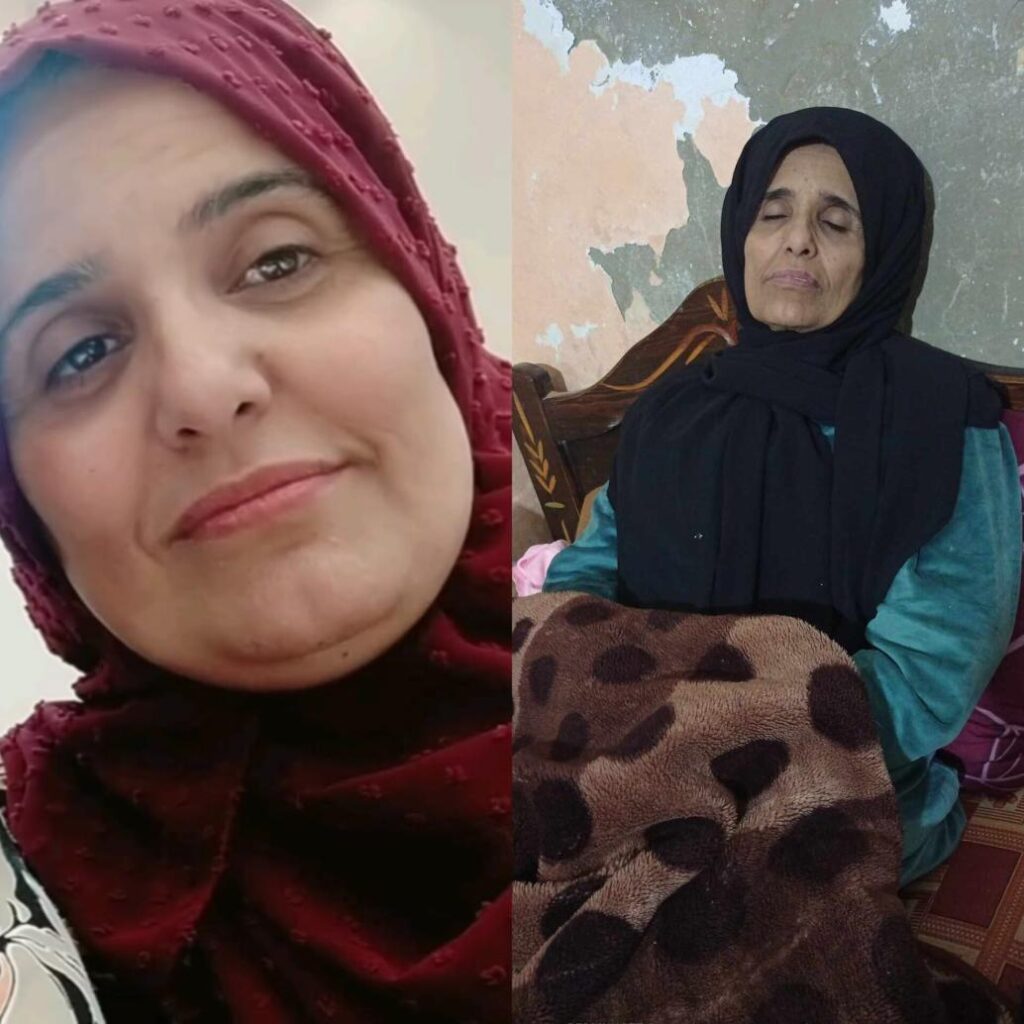
On Jan. 28, Haneen Abu Sager posted a plea on her social media: “Each day, we are watching my mother suffer in agony as the cancer ravages her lungs, spine, abdomen, and lymph nodes. She needs constant oxygen and struggles to breathe. The pain is unbearable, and while she’s been waiting for a critical referral for a month now, it still hasn’t come through. She used to take 10 different painkillers a day, but now even those are unavailable; for four months, she’s hardly slept due to the pain, and she is now immobile because the cancer has spread to her spine. Our entire family is in anguish watching her pain.
“My mother needs to travel for treatment. Please, anyone who can help expedite her referral or knows someone who can help, don’t hesitate.”
When the mother, Intisar Abu Sager, 49, was first diagnosed with pancreatic cancer in 2022, she underwent surgery, which affected parts of her gallbladder, stomach, and other organs. Haneen was shocked when she learned of her mother’s cancer diagnosis. Her mother was the glue of the family, which consists of her husband, six daughters, and two sons.
Two of Haneen’s sisters and one brother struggled with a rare disease called Duchenne muscular dystrophy. When she was healthy, Intisar cared for her sick children, traveling with them for treatments unavailable in Gaza. She helped them eat and drink and use the bathroom. Now she is the one who needs care.
Ibrahim, 28, Haneen’s brother, is the only person in the family who is employed. He has decided to pause his work as a nurse and dedicate all of his experience and time to his dying mother.
“If my mother, God forbid, left us, we would be so miserable,” said Ibrahim. “We cannot live without hearing our mother’s chitchat and laughter. She has always been there for us, and we must help her fight this battle.”
Within three months of the surgery in 2022, Intisar had lost half her body weight. She could hardly eat, and was taken back to the hospital in intense pain.
The family was told that the cancer had spread to her lymph nodes. Doctors said they couldn’t give her chemotherapy until she fully recovered from surgery. Intisar waited two months before starting treatment, and after four rounds of chemotherapy she was in remission.
Every three months, she went back to the hospital for a CT scan to make sure the cancer hadn’t come back, and her first two scans came back clear. Her third check was meant to be in October 2023 but before that could happen, the hospital where she was being treated, Al-Sadaqa Al-Turki, was bombed.
Intisar started to experience pain but it was manageable, so she called her doctor and he reassured her that it was likely residual pain from surgery, from which it would take a while to fully recover.
But as Israel’s attack escalated, Intisar’s pain increased. Unable to eat, she lost even more weight. The family tried to get their mother a CT scan, but it was impossible as all the hospitals were overcrowded with urgent cases. Intesar was unable to sleep and screamed from pain.
“After showing up many times at hospitals and begging them to treat my mother, she was checked into Nasser Hospital and was told that the cancer had spread throughout her pancreas, lungs, and lymph nodes,” Haneen said. “We were back to square one. A week after the CT scan, they designated my mother’s case as urgent so she would be allowed into Egypt for further treatment.
“After two months of being under siege, we finally knew what was wrong with my mother. We suspect the cancer came back with such intensity since she wasn’t able to receive proper medical care.”
She’s still waiting to get into Egypt to get that proper care.
Enas’ mother
Enas’ 63-year-old mother was diagnosed with breast cancer on Oct. 7, 2023, the day of the insurgents’ attack. Like Haneen, Enas is very anxious for her mother and desperate to get her out of Gaza so she can continue her treatment.
Enas’ mother, who prefers to remain anonymous, was born in Egypt but does not hold Egyptian citizenship. She worked as an Arabic teacher in a private school in Egypt. After seven years of marriage to a Palestinian man, they went back to Gaza following the 1993 Oslo Accords, where the couple had six daughters and a son.
Enas’ mother was unable to find work in Gaza. Her husband is an electrician and his salary barely covers the family’s needs. Still, they decided to stay in their homeland of Gaza and have been able to get by with his salary and aid provided by UNRWA.
“When a swelling appeared on my mother’s palms we thought it was an abscess,” said Enas. “As time went by, the abscess grew bigger and bigger until my mother decided to visit the hospital. Now my mother is now confronting two attacks: one from Israel and one from cancer.”
Her mother is gradually losing her sight, and sometimes she cannot see anything at all.
“I have woken up many times to my mother’s cries and I couldn’t do anything. I felt powerless and helpless,” Enas added.
Two weeks ago, doctors agreed to do surgery on Enas’ mother to remove part of the cancer, but that was all they could do. Due to Israel’s blockade and siege, there is no medicine to continue to treat her. It’s impossible to find the drugs for chemotherapy or any functional medical equipment or lab supplies for diagnosis or treatment.
The family is trying desperately to help their mother get treatment outside of Gaza, but they are told they must have connections abroad or a lot of money to leave and get proper medical care. Enas’ mother has an expired Egyptian residency permit, but the family must pay up to $700 to reactivate it and they do not have that much money.
“Even though my mother’s case is designated as urgent, she still hasn’t been given a permit to leave Gaza for Egypt. She also cannot take painkillers because they activate her cancer cells,” Enas said. “It’s like doctors are telling us to just watch her die and do nothing.”
Ihsan
Ihsan, 69 — who prefers to use his first name only, for privacy — was diagnosed with cancer in 2020 after he began experiencing intense pain in his stomach. When he was first checked, doctors thought he was just experiencing gas and gave him charcoal pills, but the next day he began vomiting.
“We were shocked when our father was diagnosed with colon cancer,” said Hala, his daughter, who is 32. “None of my family members have had cancer, so we weren’t anticipating this at all.”
On Sept. 2, 2020, Ihsan had surgery at Al-Shifa Hospital and the cancer was removed.
After the surgery, he took his medications and recovered well until 2023, when his health started to deteriorate once again.
Ihsan was scheduled to start a three-month course of chemotherapy in September, but after just one month of treatment he was unable to continue because of Israel’s siege on Gaza.
On Dec. 2, his case was designated as urgent enough to warrant a travel permit to Egypt, but it didn’t materialize. Ihsan’s family had not held out much hope that it would. They had heard about many other cancer patients with similar cases who weren’t allowed into Egypt, even though their situations were designated as urgent.
Still, the family was determined to help their father. A week ago, they managed to escape Gaza by paying $5,000 per person to a company, and an additional $1,000 to a man to make sure they were added to the travelers list from Gaza to Egypt.
As soon as they reached Egypt, Ihsan lost consciousness and went into a coma. He was at the ICU at Nasser Institute Hospital for Research and Treatment, where he has since died.

